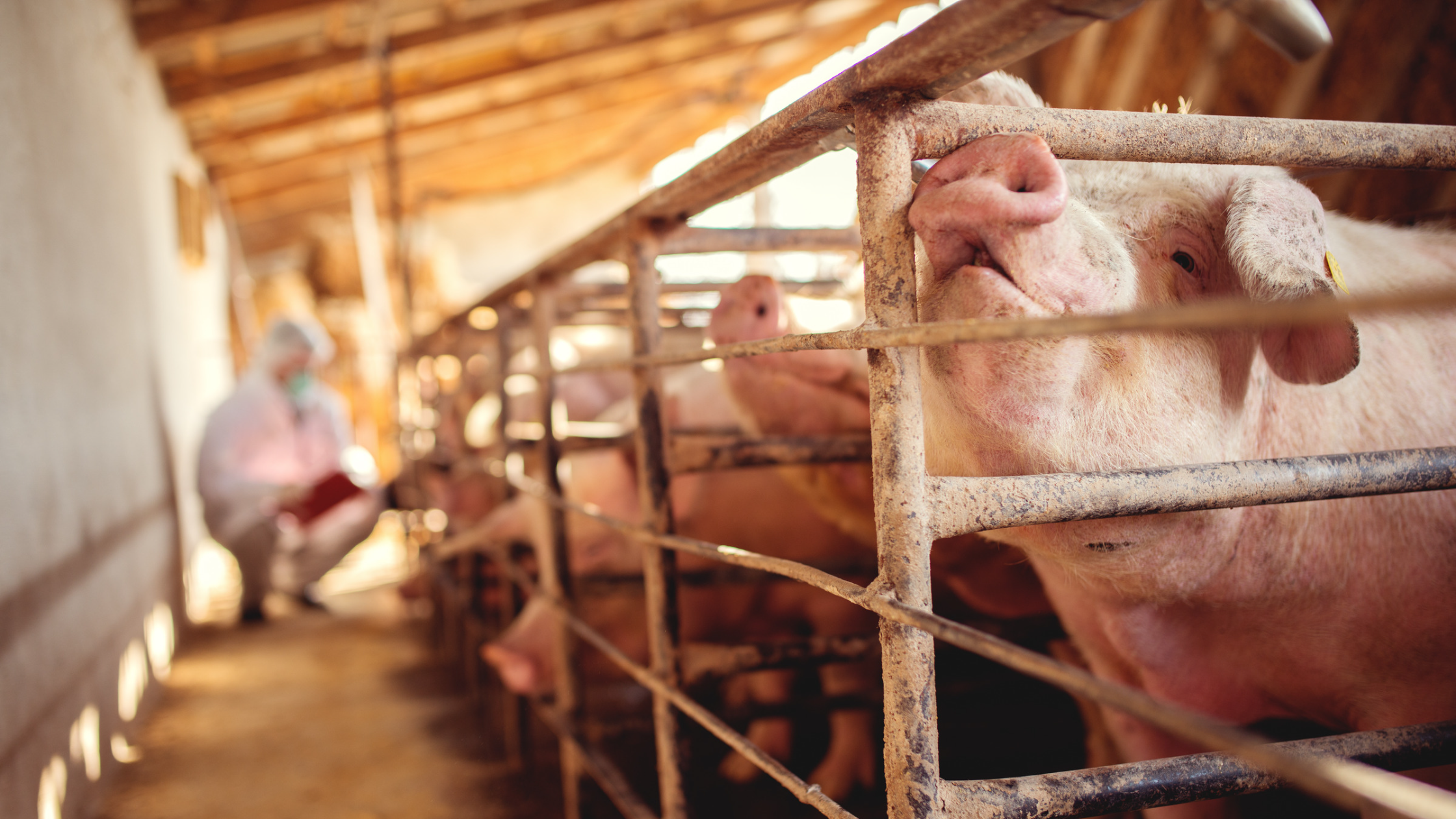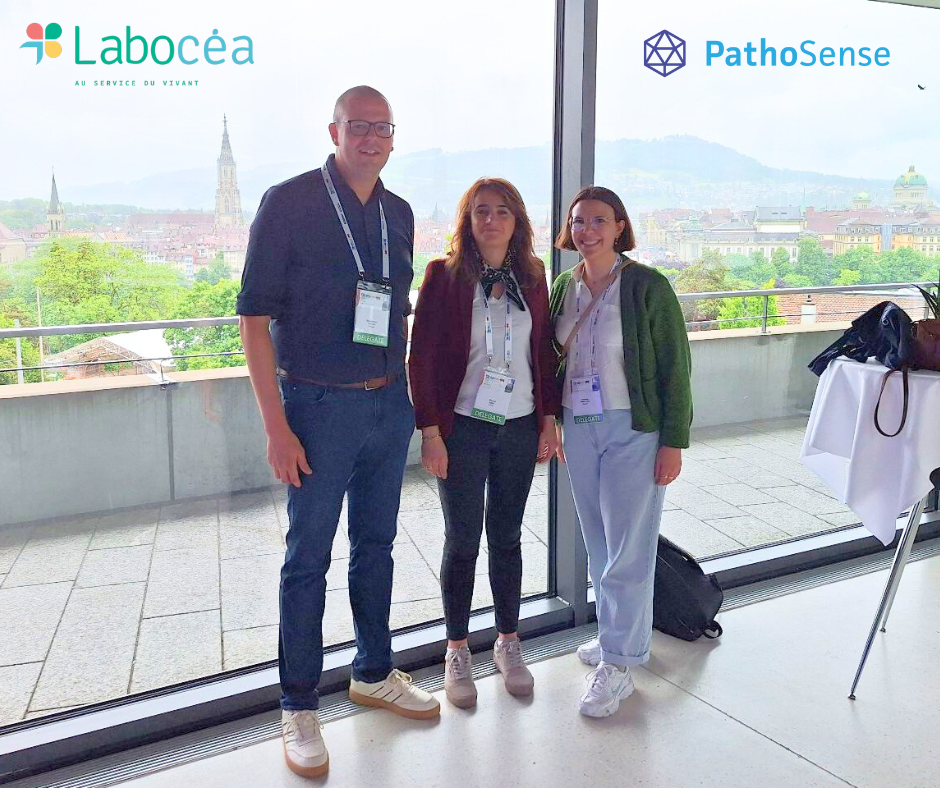The respiratory microbiome in pigs
"Respiratory infections in pigs, caused by viruses and bacteria, can greatly affect their health and productivity” explains Adelaide Panattoni, research scientist at PathoSense.
"PathoSense is already a very advanced diagnostic tool that is able to give a full overview of all viruses and bacteria in a clinical sample. However, the veterinary field would benefit from more advanced diagnostic tests that are able to differentiate the so-called "good, bad & ugly" viruses and bacteria from each other. By gaining a better understanding of the microbial community & genes harboured in the pigs' airways, we can work towards achieving this goal."


Dr. Sebastiaan Theuns, co-founder of PathoSense & industrial promoter, continues "This is the reason why PathoSense Research Scientist Adelaide Panattoni was recently granted a prestigious industrial Baekeland PhD fellowship from the Flemish Agency of Innovation & Entrepreneurship. She will be guided by academic promoter Prof. Sarah Lebeer (UAntwerpen). Prof. Sarah Lebeer is head of the Lab of Applied Microbiology and Biotechnology at UAntwerpen. Here she guides a research team studying microbial communities from human, animal and environmental samples, with a strong focus on beneficial bacteria (e.g. lactobacilli) and their potential application to improve health. We are very grateful to have her guidance during for this challenging PhD project.”
Adelaide agrees that her project will be challenging, and explains further: "We decided to study the viruses and bacteria in the respiratory tract, while also exploring the link between the respiratory system and the gut. Many studies so far have focused on the gut only. In one of our recent publications we already demonstrated the nice interactions between influenza A and other viruses and the respiratory tract bacteria. Now we want to dig even deeper. Using advanced third-generation sequencing methodologies we will get detailed insights in the bacterial microbial composition and the bacterial genes that can code for virulence factors or potential positive functional components. The research findings will contribute to the development of a new virulence factor-targeting PathoSense diagnostic assay, as well as the discovery of new potential probiotic species."
Exciting times are ahead for Adelaide and her promoters!

-1.png)
